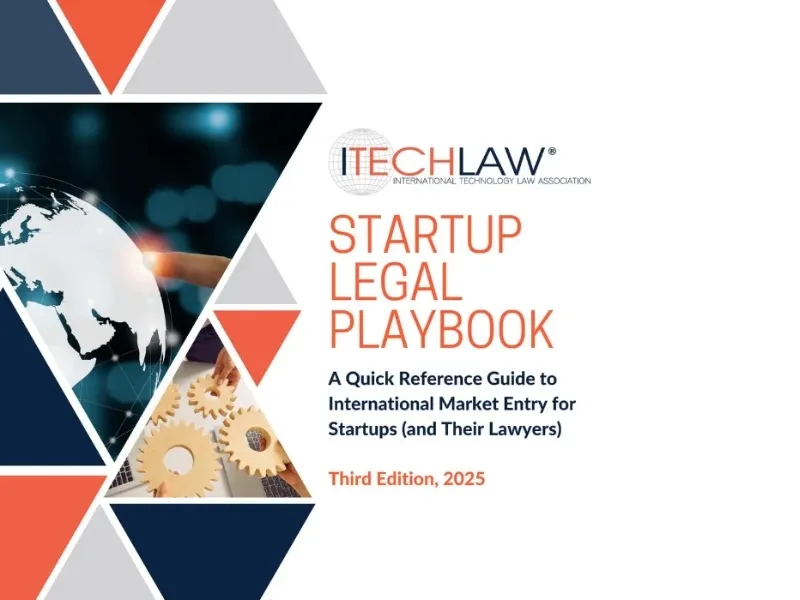Unlocking Talent: Guide to Stock Options for Startups
Most people are familiar with stock options offered by large corporations as part of their overall remuneration package. In Macau, we frequently see local concessionaires or other multinational companies grant stock options for shares to management or key employees.
Today, we will talk about equity incentives offered by startup businesses in order to attract and retain quality talent. There are different ways this can be achieved, but for simplicity’s sake, we will generally refer to an agreement for the granting of equity ownership in the startup company as “stock option”.

Stock Options for Startups
Stock options for startups usually comprise the offer of ownership (equity) in the company as an incentive or “bonus” to attract and retain co-founders or other early hires.
Startups who are cash-strapped in the early stage of growth often lack sufficient resources to offer competitive remuneration (salaries) to top talent in the market. By offering a chance to earn ownership through working for the company and contributing to its growth, the employee is given the chance to earn an exponential financial gain as the value of the company grows.
Stock Options also serve to align the interests of founders and employees, as it rewards both sides if the business of the company does well.
Stock Options are granted by way of a contractual agreement between the startup company and the employee. Format and content of different “Stock Option Agreements”, “Offer Letters” or “Option Plans” may differ but will typically cover similar matters such as the award period, type and amount of awarded equity, vesting schedule, limitations on the transferability or sale of the equity, conditions and procedure for exercise of options, and drag-along, tag-along and other rights of the parties.
Vesting
One of the most important aspects of a stock option plan - the “vesting schedule” - determines at what point in time the employee will acquire their shares under the stock option plan.
Typically, while the overall amount of shares to be granted will be determined from the start, the employee must “earn” his shares through working a determined period of time (the “vesting period”) or other measurable milestone.
Most vesting periods will have an initial “cliff”, this is the first milestone which needs to be hit before any equity will be granted (think of it as the “trial period” or minimum loyalty period for the employee), after which they will begin to earn shareholding on a determined schedule.
As an example, a 4-year stock option plan with a 1-year cliff means that the employee will need to work for a minimum 1-year period (the cliff) before he earns the equity corresponding to his first year of employment, after which he will earn shares on a monthly basis for the next three years. This serves as an incentive for the employee to remain with the company for the full period of 4 years.
Other than the vesting period, under many stock option plans, employees may only cash out their option plans if they exit the company under good terms (good leaver), and certain reasons for exit such as a just cause termination (bad leaver) may result in the exiting employee losing his options altogether.
Finally, a note on “reverse vesting”. This is a common requirement by investors in early-stage fundraising rounds, whereby existing founders/shareholders of the company need to “earn-back” the shares they already hold in the company over a vesting period. This is to keep the original founders invested in the continued success of the startup, rather than losing interest and giving less effort once funding has been secured.
Virtual Stock Options
One of the major developments in the practice of stock option incentives is the increasing popularity of “Virtual Stock Options Plans” or “VSOP’s”.
Virtual Stock Options replicate the financial benefits of earning equity in a company, without resulting in an actual transfer of shares to the employee. Through a contractual arrangement, the company agrees to a payout in cash to the employee equivalent to the value of a certain amount of shareholding in the company. The payment of this incentive is usually dependent on an “exit” moment – usually when the company is sold or when the employee leaves.
In other words, the employee does not acquire true shareholding in the company, but rather an economic interest equivalent to that of a shareholder when the shares are sold. The VSOP will determine how and when the value of the virtual option will be determined and exercised. Other rules of the virtual stock option plan are similar to normal stock option plans, such as the vesting schedule and the conditions and procedure for the cashing out of options.
In virtual stock options, the economic incentive for the employee remains the same, as they will benefit from their hard work and contribution to the company which results in the increase in its value.
On the other hand, this option is advantageous to the company as the employee does not obtain real equity ownership in the company, including any inherent rights of a shareholder - such as voting rights, and most importantly, it does not dilute the ownership of existing shareholders in the company.
Finally, virtual stock options are turning into popular options in jurisdictions with less flexible options for.
The Other Side: Employee Perspective
So far, we've been looking at stock options from the perspective of the employer, but it’s worth wrapping up by considering some aspects from the employee’s perspective.
First, while the promise of ownership in a fast-growing company often seems like a very attractive incentive, a big payout resulting from stock options very often just does not materialize. The value of any option is fully dependent on company share value, and few startups will reach expected valuations over their life cycle. This means that very often - in the case of startups - the tradeoff for a competitive remuneration may not be truly worth it.
Furthermore, stock option plans often turn into a golden handcuff situation for the employee. Once tied to vesting periods and restrictive conditions for cashing out (need for “exit events”, good leaver requirements etc.), employees may have a hard time choosing to leave when much of their previous effort is tied up in the stock option.
Finally, there is always an inherent power imbalance between the company and employees, both in terms of negotiating key provisions of the stock option plans and also in controlling aspects of the company which significantly affect share value (e.g., management decisions, decision to sell/IPO).
What's ultimately important to keep in mind is that stock options in a early stage startup always represent a potential and uncertain future benefit from an employee’s perspective, and this should always be taken into consideration when considering it as an incentive in the context of an overall remuneration package.



